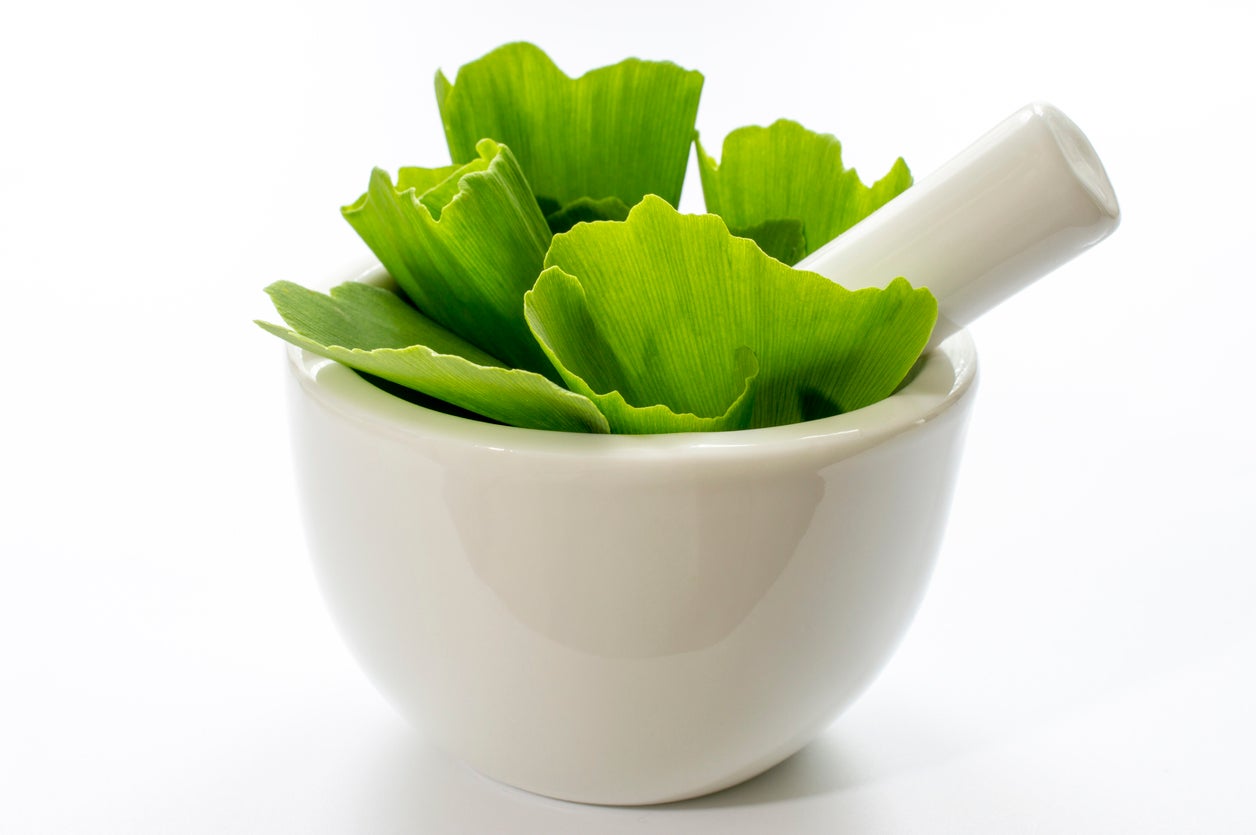Is Ginkgo Good For You – Learn About Ginkgo Health Benefits


Sign up for the Gardening Know How newsletter today and receive a free copy of our e-book "How to Grow Delicious Tomatoes".
You are now subscribed
Your newsletter sign-up was successful
Ginkgo biloba is a tree that has been on earth since around 150 million years ago. This ancient tree has been the focus of beauty and as a medicinal herb. Medicinal ginkgo has been in use for at least 5,000 years and probably even longer. What is certain is that modern ginkgo health benefits target memory and prevent certain signs of brain aging. The supplement is widely available for such use, but there are more historical uses for the plant. Let’s learn what they are.
Is Ginkgo Good for You?
You may have heard about ginkgo as a health supplement, but what does ginkgo do? Many clinical trials have pointed to the herb's benefits in a host of medical conditions. It has been popular in Chinese medicine for centuries and is still a component of that country's medicine practices. Possible ginkgo health benefits span such conditions as cardiovascular disease, dementia, lower extremity circulation, and Ischemic stroke.
As with any medicine, even natural varieties, it is recommended that you check with your doctor before using ginkgo. Medicinal ginkgo comes in capsules, tablets, and even teas. There have been many studies on the effects of the herb but most of its benefits are unsubstantiated. The most common use is to improve cognition and brain function and certain trials have verified the effect yet others have decried its use. There are side effects in using Ginkgo biloba. Among these are:
- Headache
- Heart Palpitations
- Gastric Upset
- Constipation
- Dizziness
- Dermal Allergies
What Does Ginkgo Do?
Outside of its benefits to brain function, there are other possible uses for the drug. In China, a study found that 75 percent of doctors believed the supplement had benefits in combating side effects of acute stroke.
There may be some benefit to patients with peripheral artery and cardiovascular diseases. The plant acts by increasing platelet function through its antioxidant properties and improving cell function among other actions. It does seem to have benefits in patients with lower leg pain.
The supplement has no verified benefit in treating Alzheimer's but does appear to be effective in treating some dementia patients. It acts by improving memory, language, judgment, and behavior.
Since this is a natural product and due to differences in where the tree grows and environmental fluctuations, the amount of the active components in prepared ginkgo can vary. In the U.S., the FDA has issued no clear component guidelines, but French and German companies have derived a standard formula. This recommends a product with 24% flavonoid glycosides, 6% terpene lactones, and less than 5 ppm ginkgolic acid, which can cause allergic reaction in higher amounts.
Sign up for the Gardening Know How newsletter today and receive a free copy of our e-book "How to Grow Delicious Tomatoes".
Make sure you check with a medical professional and source the supplement through reputable companies.
Disclaimer: The content of this article is for educational and gardening purposes only. Before using or ingesting ANY herb or plant for medicinal purposes or otherwise, please consult a physician, medical herbalist, or other suitable professional for advice.

Bonnie Grant is a professional landscaper with a Certification in Urban Gardening. She has been gardening and writing for 15 years. A former professional chef, she has a passion for edible landscaping.